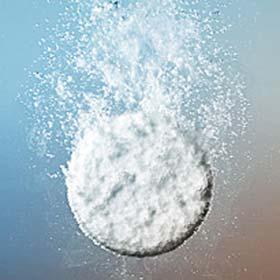Source: Xinhua
04-15-2009 10:50
Special Report: Tech MaxWASHINGTON, April 13 (Xinhua) -- Individuals who take aspirin or other medications that prevent blood clotting by inhibiting the accumulation of platelets appear more likely to have tiny, asymptomatic areas of bleeding in the brain, according to a report posted Monday in the online edition of the U.S. journal Archives of Neurology.
 |
| Report: Aspirin, similar drugs may be associated with brain microbleeds in older adults. |
Cerebral microbleeds -- small deposits of the iron-storing protein hemosiderin in the brain -- may be a sign of cerebral small-vessel disease, according to background information in the article. This condition, common among older adults, occurs when the walls of blood vessels in the brain become weakened. When microbleeds occur in certain brain areas, they may indicate a type of small vessel disease known as cerebral amyloid angiopathy, in which the accumulation of amyloid (a protein often related to Alzheimer's disease) causes degeneration of smooth muscle cells and increases the susceptibility of blood vessels to ruptures and hemorrhages.
Meike Vernooij and colleagues at Erasmus MC University Medical Center, Rotterdam, the Netherlands, investigated the relationship between cerebral microbleeds and the use of anti-clotting medications in 1,062 individuals without dementia involved in the Rotterdam Scan Study. Participants (average age 69.6) underwent magnetic resonance imaging examinations in 2005 and 2006. Pharmacyrecords were used to assess whether any of the individuals took anti-clotting drugs. These included aspirin and carbasalate calcium -- called platelet aggregation inhibitors because they prevent the accumulation of platelets that form blood clots.
